ORGANIC ELECTRONICS CHEMISTRY
SHUSAKU IMAJO LAB.
INTRODUCTION OF LABORATORY
In recent years, quantum science and technology have made remarkable advancements, driving the need for new functional materials that align with these emerging technologies. Organic materials exhibit diverse emergent properties due to their molecular degrees of freedom, such as molecular shape and arrangement. This makes them not only an ideal platform for understanding quantum phenomena but also a promising candidate for next-generation quantum electronic materials.
In our laboratory, we focus on investigating various electronic properties, particularly the quantum phenomena of -electrons in organic materials, using precise measurement techniques combined with extreme environments. Our goal is to deepen the understanding of these properties and further develop novel organic materials.
To achieve the experimental understanding of quantum phenomena, it is crucial to study their responses under extreme conditions, such as high magnetic fields, low temperatures, and high pressures. To enable precise experiments under such conditions, we are developing unique measurement techniques and specialized experimental equipment, aiming to pioneer new research fields through innovative approaches.

有機伝導体 分子 結晶構造
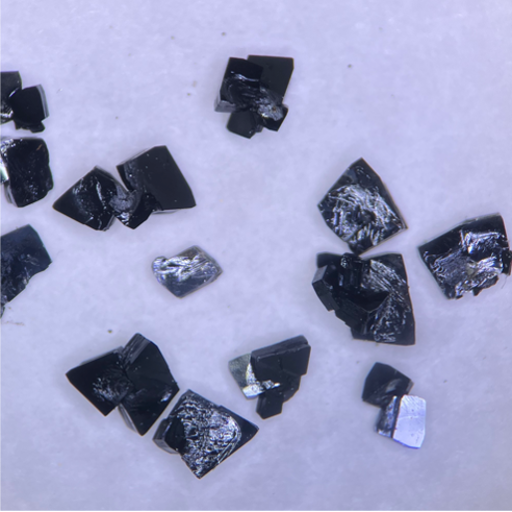
有機伝導体単結晶
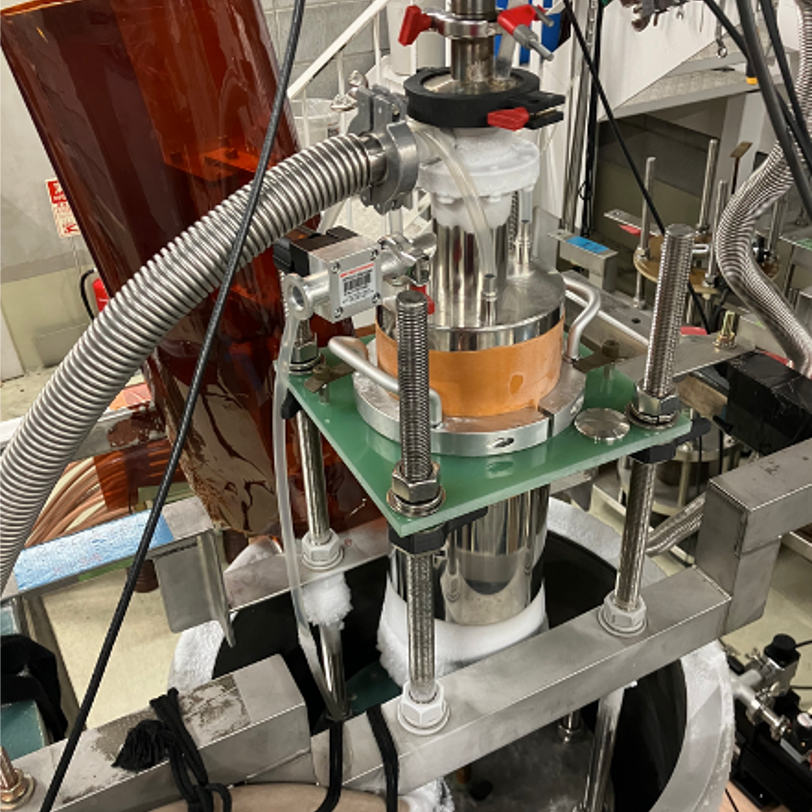
パルス強磁場中物性測定装置
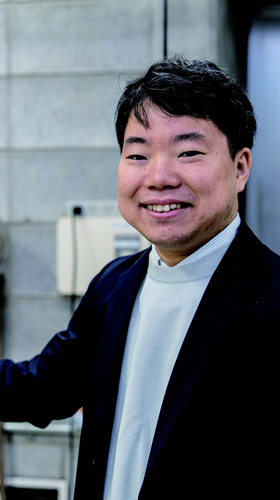
MESSAGE
Knowing that “you are the only one doing this” gives youconfidence, contributes to the advancement of society, andleads to connections with other researchers. Take on thechallenge of doing research that is unique to you.
Influenced by my mother who loves biology, I loved catching fish in the river and bird watching from a young age. After graduating from elementary school, I started attending a junior and senior high school that took an hour and a half one way from home, so I didn’t have many opportunities to interact with nature. However, I liked science subjects such as physics and chemistry, and even studied the content I would study at university while I was still in high school. After entering university and joining a research lab, I started researching on themes given to me by professors at first, which was an uninteresting environment, but halfway through, I had to face things that didn’t have answers and come up with my own ideas. When my teachers and seniors were interested in what I was doing, I realized that I could do what I wanted, and I thought that being a researcher was right for me. There are trends in research fields and materials depending on the era, and many researchers enter them. Thanks to that, society is developing, but in my opinion, I want to do things that no one else is doing. I would like all students to try things that no one else is doing.
keyword
Organic conductors,π-electron quantum phenomena, Thermodynamic measurements, Physical property measurements under extreme conditions
PROFILE : Assosiate Professor Shusaku Imajo
2016 : Visiting Researcher, Dresden High Magnetic Field Laboratory, Helmholtz-Zentrum Dresden-Rossendorf
2018 : Ph.D, Dept. of Chemistry, Graduate School of Science, Osaka University
2018-2025 : Project Research Associate, Institute for Solid State Physics, University of Tokyo
2019 : Visiting Researcher,National High Magnetic Field Laboratory, Los Alamos National Laboratory
2025 : Visiting Fellow, School of Science and Technology, Nottingham Trent University
2025- : Associate Professor, Dept. of Advanced Materials Science, University of Tokyo
NEW MATERIALS AND INTERFACES
Take on thechallenge of doing research that is unique to you.
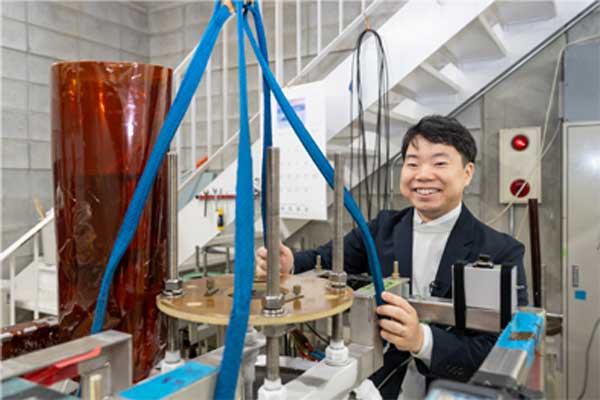
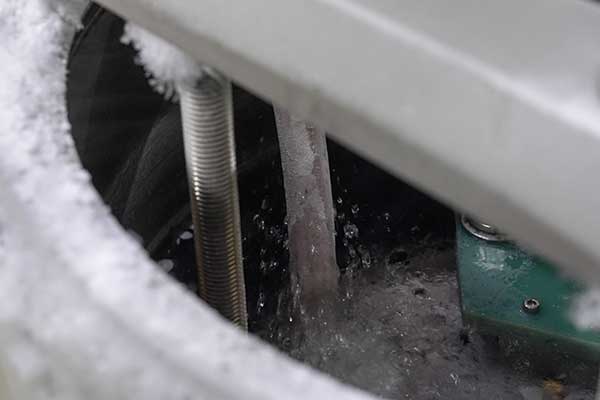

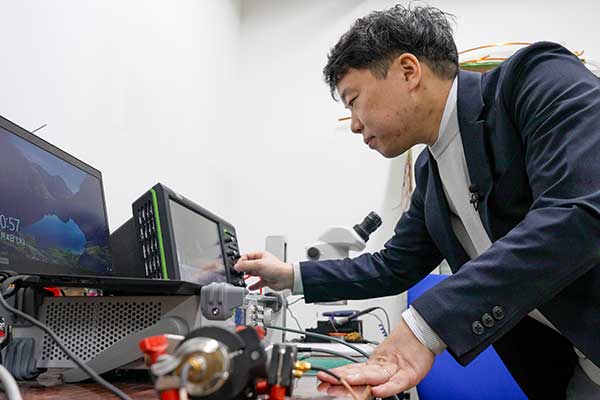

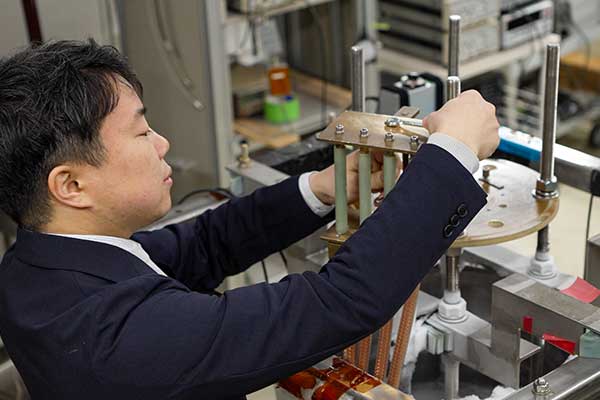
Imajyo Shusaku Lab.,
Department Of Advanced Materials Science,
Graduate School of Frontier Sciences,
The University of Tokyo
Kashiwanoha 5-1-5,
Kashiwa,Chiba 277-8561, Japan
+81-4-7136-3765
imajo@edu.k.u-tokyo.ac.jp
The Goal of Applied Physics
The goal of Applied Physics is to develop a stage = “new material” that can manipulate undeveloped degrees of freedom, to explore unknown phenomena created from that stage and to bring out excellent functions, and to bring out its excellent functions. The purpose is to contribute to the development of human society by elucidating the mechanisms and developing application fields for these phenomena and functions.
AMS (Advanced Materials Science)
Department Office
AMS (Advanced Materials Science),
Graduate School of Frontier Sciences,
The University of Tokyo
Kashiwanoha 5-1-5, Kashiwa, Chiba 277-8561, Japan
Email : ams-office(at)ams.k.u-tokyo.ac.jp
Please change (at) to @.
